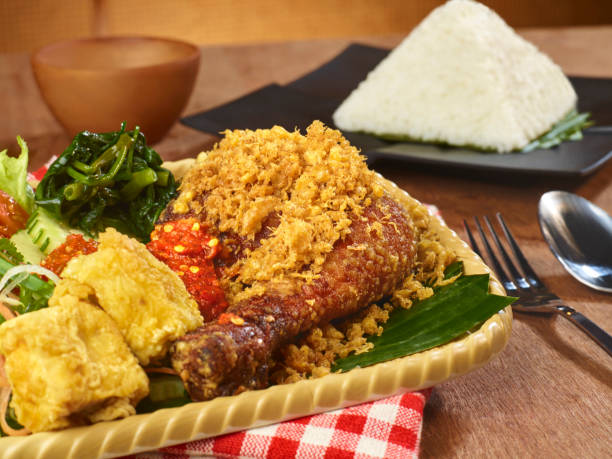Understanding the Subtleties of Indonesian Cuisine
Indonesia, an exotic and diverse nation, offers an unexplored culinary landscape that is begging to be discovered. The cuisine is as vibrant and complex as the land itself, showcasing a unique blend of flavors, techniques, and ingredients that encapsulate the country's rich history and culture.

Indonesian Cuisine - A Melting Pot of Flavors
Indonesian cuisine is a fascinating blend of influences, mirroring the country’s diverse culture. The staple food is rice, accompanied by a myriad of dishes made from vegetables, meat, and fish. The flavors are bold and spicy, a testament to the use of various spices and herbs. Nasi Goreng, Beef Rendang, and Satay are some of the dishes that exemplify the country’s culinary prowess.
The Magic of Indonesian Spices
Indonesian cuisine is defined by its vibrant palette of spices. Turmeric, galangal, and lemongrass are prominent, lending their unique flavors to a variety of dishes. The use of spices not only enhances the taste but also has several health benefits, making the cuisine both delicious and nutritious.
Traditional Cooking Techniques
The traditional cooking methods of Indonesia are a testament to the country’s rich culinary heritage. Cooking over a wood or charcoal fire is common, infusing dishes with a distinct smoky flavor. Also, steaming and boiling are popular methods used to preserve the natural flavors and nutrients of the ingredients.
Unraveling the Secrets of Indonesian Street Food
Street food in Indonesia is a culinary adventure in itself. The vibrant street food culture offers a range of delightful snacks and meals that are not only affordable but also provide a taste of the local flavor. From the spicy Nasi Padang to the sweet Martabak, the street food scene is a foodie’s paradise.
Indonesia’s Unique Beverages
Indonesia’s beverage scene is as diverse as its food. Traditional drinks like Jamu, a medicinal drink made from natural ingredients, are popular. On the other hand, modern Indonesian cafes offer a range of innovative beverages like Es Cendol, a sweet dessert drink made with pandan noodles.
Fascinating Facts and Tips
- Indonesia is home to more than 5,000 traditional recipes.
- Durian, considered the “king of fruits,” is a popular ingredient in Indonesian desserts.
- Many Indonesian dishes are served with Sambal, a spicy chili paste.
- Eating with hands is customary in Indonesia, believed to enhance the dining experience.
In conclusion, Indonesian cuisine offers a gastronomic journey full of flavors, textures, and surprises. It is a testament to the country’s rich cultural diversity, offering a unique culinary experience that leaves a lasting impression. So, the next time you’re feeling adventurous, why not explore the dynamic world of Indonesian cuisine?




